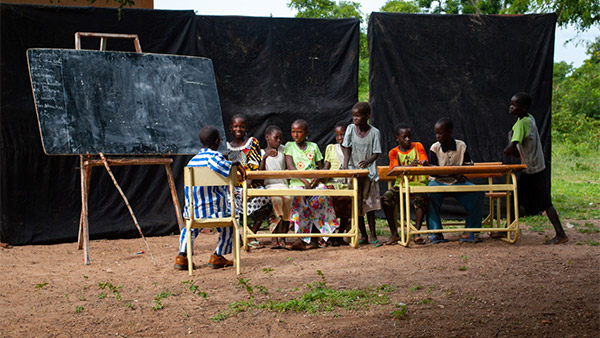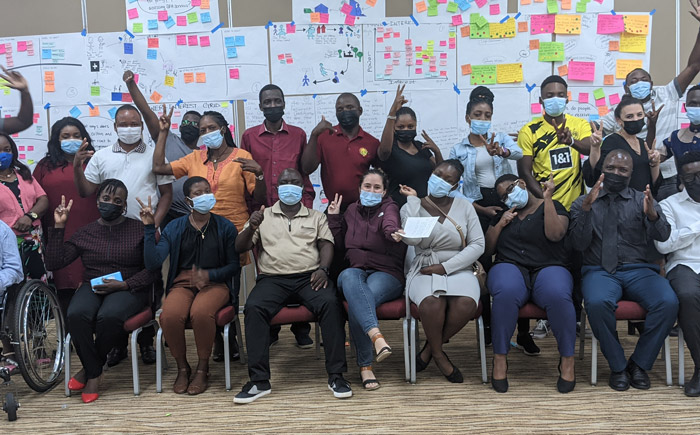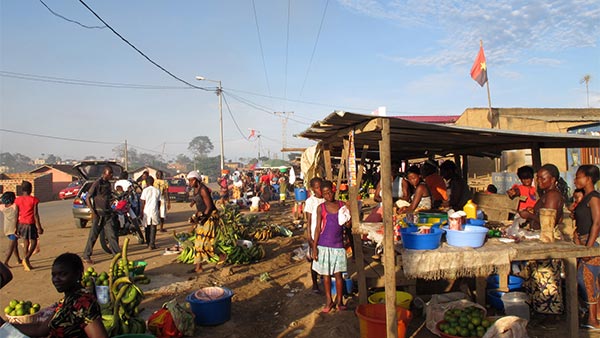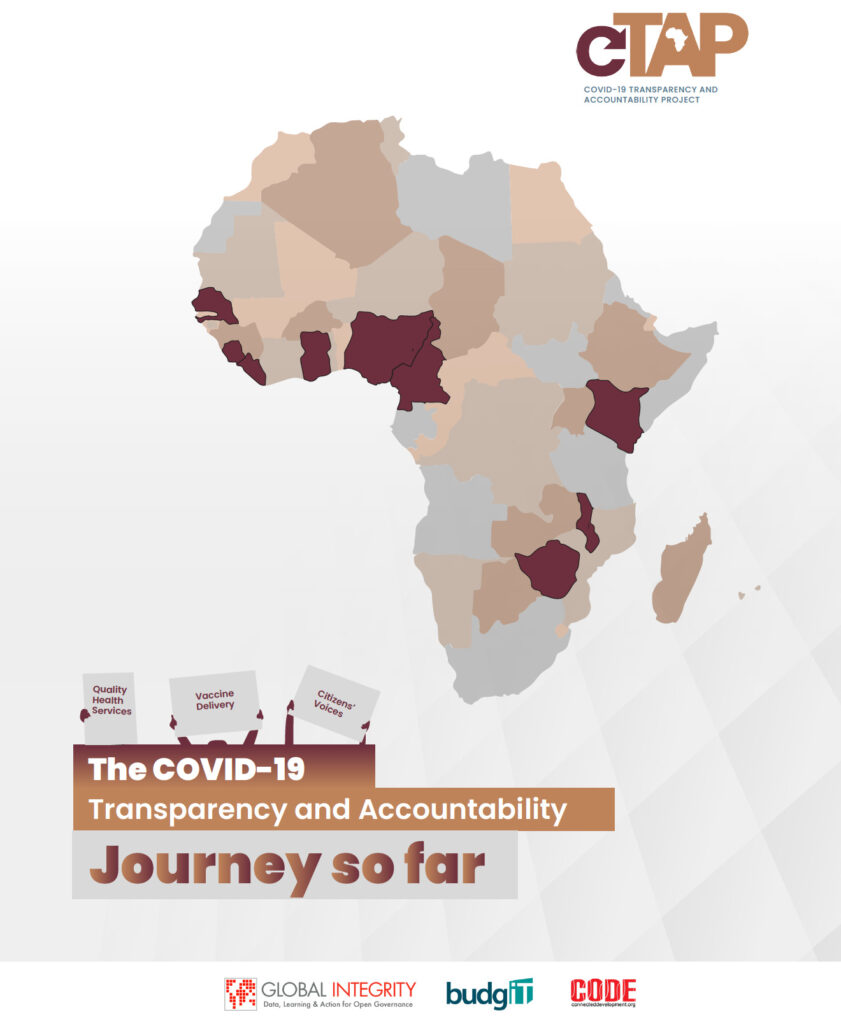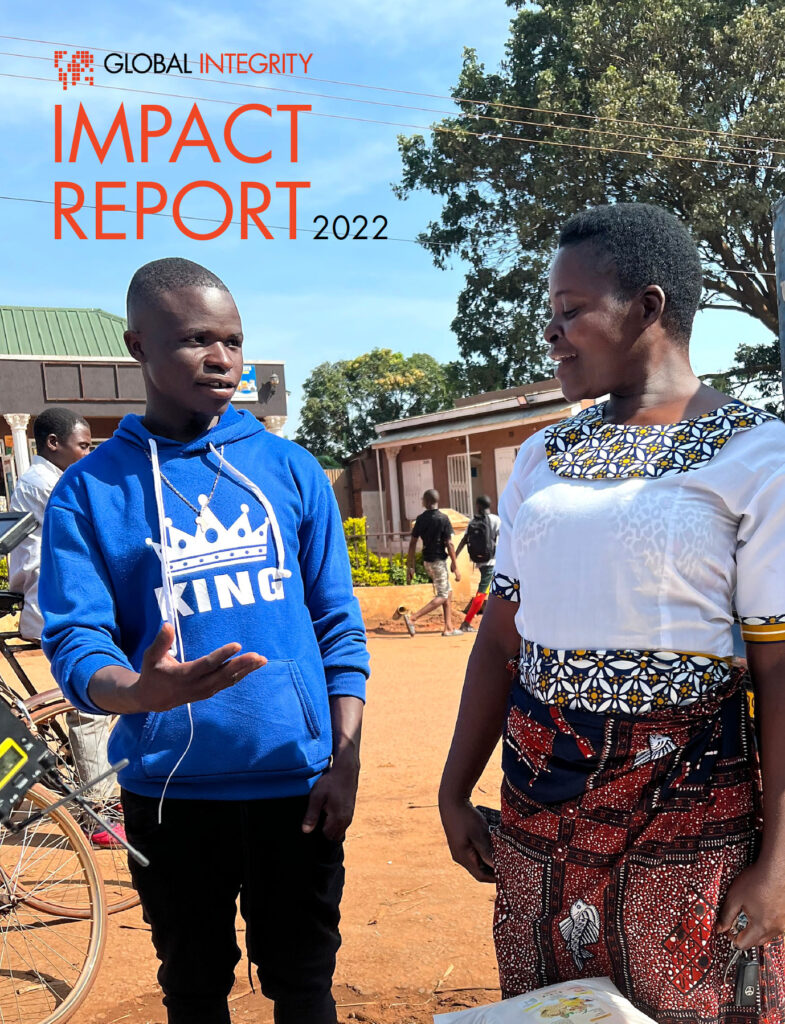Service
Systemic challenges, adaptive solutions, collaborative action
Our work in this thematic area entails partnering with civil society organizations, mainly in Africa and Asia, that are trying to address complex and systemic challenges related to the delivery of public services – we support their efforts to work adaptively and strengthen the systems that they are a part of through collaborative action and learning.
